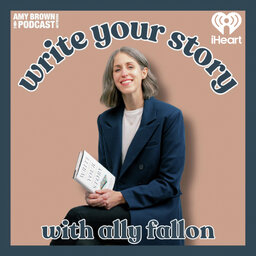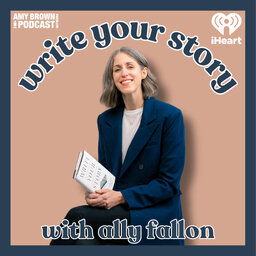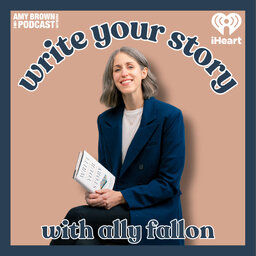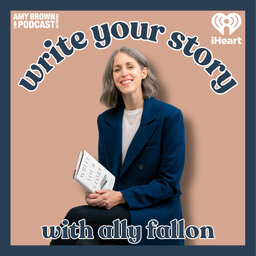My Deconstruction Story
One of the most common questions I’ve been asked in the past ten years is if I would talk about my evolving process with the Christian faith of my childhood.
I even recorded an episode called, “Are you still a Christian?” here:
Finally, after years of avoiding and evading the question, after nearly a decade of processing and evolving privately, I’m ready to share parts of my experience.
The concept of deconstruction can be feared and even demonized but the reality is that the deconstruction of a story is a natural and healthy part of the creative process. We are constantly deconstructing and reconstructing the narratives in our lives — and for good reason!
As you listen, consider what you might be deconstructing in your life.
If nothing comes to mind, ask yourself: what story that I’m currently telling might need to be deconstructed and looked at from a new angle?
Host: Ally Fallon // @allyfallon // allisonfallon.com
 Write Your Story with Ally Fallon
Write Your Story with Ally Fallon


